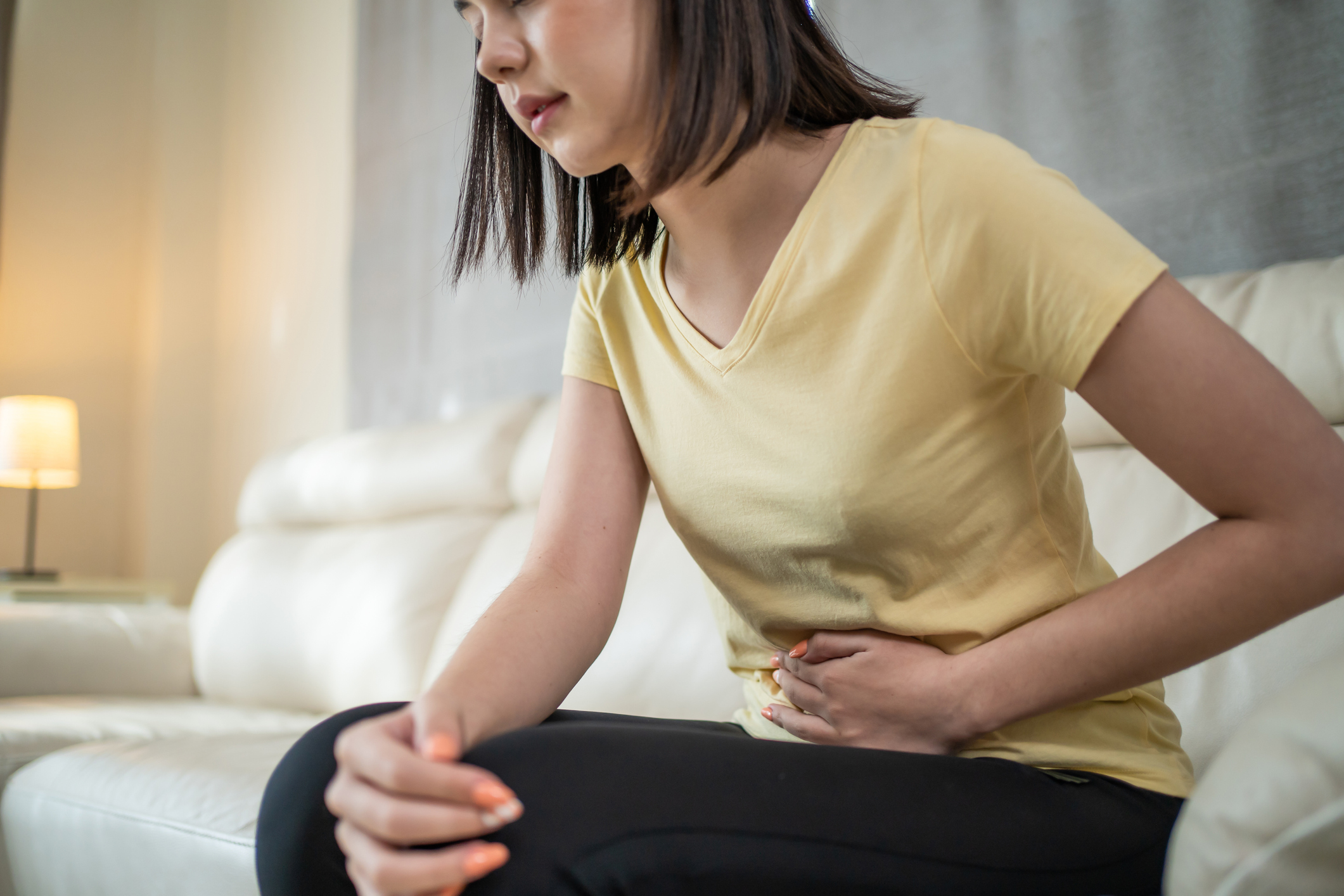
Episode Transcript
Period issues seem to be a daily conversation for me lately. My colleagues at the office often comment that I'm just becoming a gynecologist. Well, pediatricians actually are the right place to start when talking about painful periods. I think the first thing, though, is educating families a bit about what's normal for periods, because it seems there are a lot of misconceptions out there.
Common Experiences and Symptoms of Teen Girls' Periods
The biggest misconception is what a period should be like for a teen girl in general. Many mothers tell me that they don't remember what their experiences were as teen girls, and I can tell you I can absolutely remember mine because they were really bad.
We had horrible cramps, feeling like I was wearing a diaper all the time because of how heavy they were, and how I would have to double pad to avoid leaking on my clothes. And sometimes even then we had leak issues, and my mom had to bring me changes of clothes during the school day.
Guess what? That's actually in the realm of normal for a teen girl whose body is trying to figure out what on earth is going on with all these hormone changes.
Parents often think that a teen girl's period should only last about five days. They actually should last between three and seven days.
Parents often think that a teen girl's period should be regular and every 28 days right from the start. Not true. They can often be irregular until a girl's about 16, and even then, regular means every three to five weeks.
Coping with Cramps: Strategies for Managing Menstrual Pain
Parents often think that cramps should just be pretty mild and at most annoying. However, cramps can be quite painful, even starting before a girl starts her period. This is because the muscles of the uterus are tightening to help shed the uterine lighting. Girls often just want to curl up and not do anything, but actually getting up, moving, and regularly exercising has been shown to decrease menstrual cramps.
Also, parents will tell me that acetaminophen doesn't help their daughter's cramps. Well, that makes sense because actually, acetaminophen is not for muscle pain. It's better for things like toothaches and headaches and fevers, but a girl needs to take a muscle relaxant pain medication like ibuprofen or naproxen. They should take it with food and can take it regularly during their period and not just as needed. Heating pads will help too.
Many girls want to miss school due to their period. We actually try to discourage that for several reasons. It's important for girls to continue with their daily routine, not get behind in classes, and not just sit during their periods.
Parents will often ask me to write letters to the school asking for their daughters to be excused up to five weekdays a month every month so their girls can stay home when they have their period. That's not really medically appropriate. And when I've even talked to gynecologists about this request, they say no.
Medical Treatments for Severe Period Symptoms
If your daughter's cramps are so bad that they cannot do normal activities for that many days a month, then it's time to discuss treatment options.
While most parents kind of freak out at the thought of their daughters going on birth control to help with period issues, it's important to think about it from a medical standpoint.
Heavy bleeding, called menorrhagia, and dysmenorrhea, which is the fancy word for cramps, are actually medical conditions. They are actually things we can diagnose your daughter with, and they are due to hormone changes. And what's in birth control? Hormones. So basically, we are giving hormone therapy to girls to treat medical problems.
Now, based on how old a girl is, your pediatrician can discuss hormone options, which basically are birth control pills and the Depo shot. Your pediatrician, you, and your daughter can discuss these options and determine which is best for you, so you can all come to a decision together.
Managing PMS Symptoms: Headaches, Bloating, and Nausea
Then comes the question I get about pads versus tampons. My answer: whatever you and your daughter decide is best. Using a tampon will not cause your daughter to lose her virginity. Yes, I've been asked that.
What about PMS issues? Headaches? Bloating? Nausea? Well, we can give girls anti-nausea medicine. Drinking a lot of water and avoiding caffeine helps with bloating, and naproxen and ibuprofen will help with the headaches.
While periods are certainly annoying, they are part of the normal pubertal development in teen girls, and every girl will have a different experience with her period.
When to Consider a Referral to a Gynecologist
If periods become a really big problem, then it's time for a referral to a gynecologist who can help determine why they are so bad and what the best treatment is.
Luckily, this isn't usually the case for most girls, and often gynecology will say to just give them time for hormone regulation. But your pediatrician can help you figure out when it's time to get more specialized help.